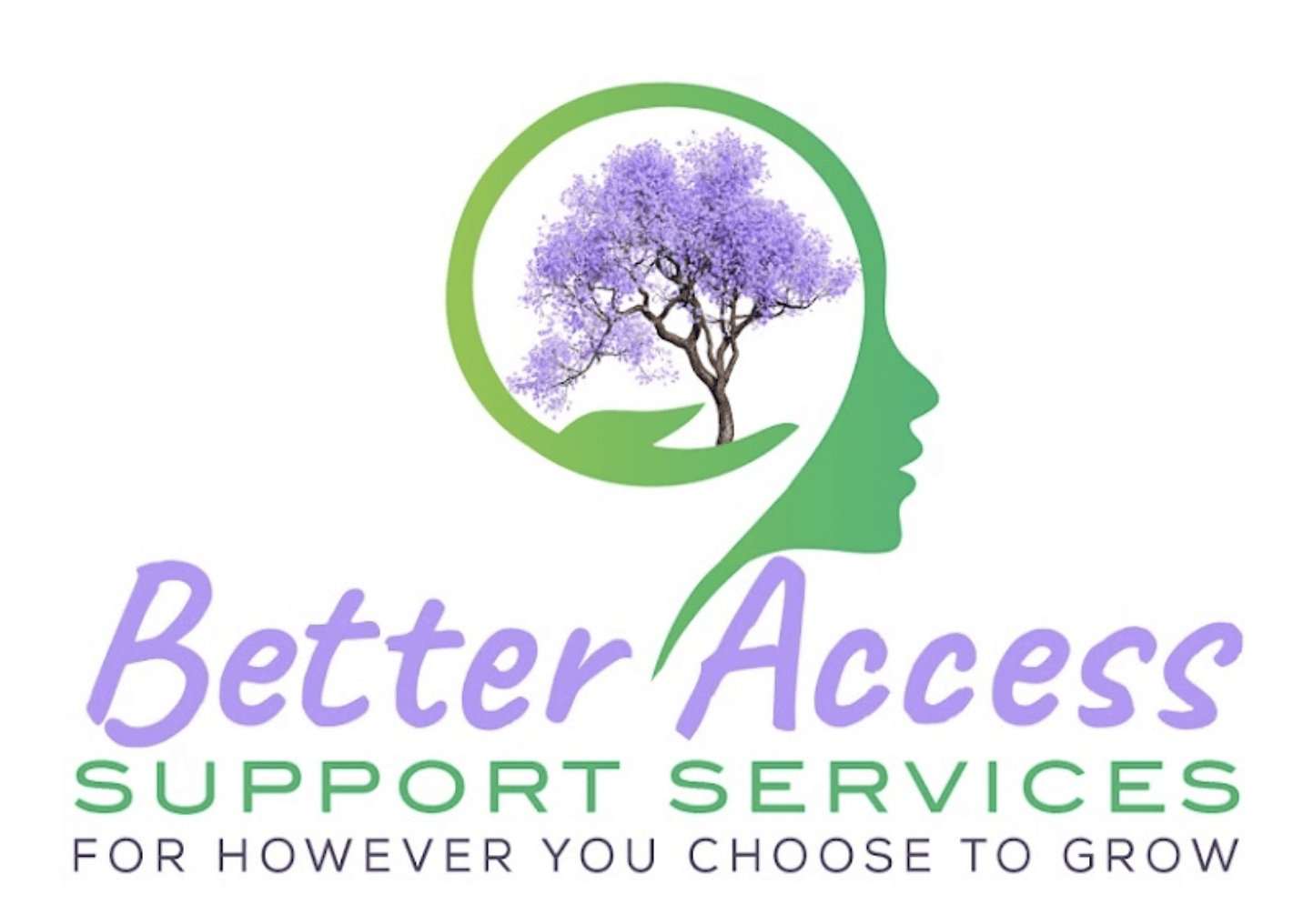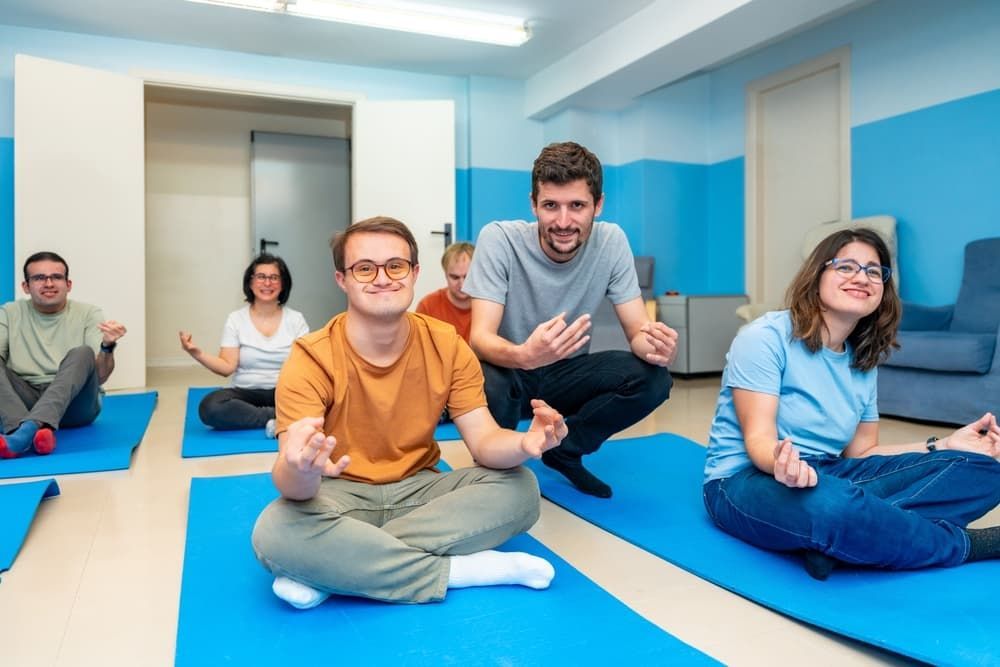Empowering individuals in Ipswich to stay living at home with confidence—through tailored support that promotes safety, wellbeing, and meaningful community connections.
Maintaining independence in familiar surroundings helps preserve dignity, routines, and emotional well-being. Independent living focuses on enabling people—especially older adults or those with changing mobility—to stay in their own homes and avoid unnecessary transfers to residential care.
What is Independent Living?
Independent living refers to a coordinated set of supports and adaptations enabling individuals to manage daily life in their homes. These supports may include practical assistance, environmental modifications, and specialised equipment designed to make everyday tasks safer and more manageable.
At its core, independent living is person‑centred. It focuses on enhancing autonomy, preserving comfort, and supporting individual preferences. Common strategies include occupational therapy assessments, the use of assistive technology, and home modifications such as grab rails, ramps, or accessible bathroom fittings.
Unlike residential care, independent living support is delivered within the home. It allows individuals to remain in familiar surroundings, maintain existing routines, and choose the level and type of support that best aligns with their goals and lifestyle.
Our Services
At Better Access Support Services, we offer comprehensive support designed to promote independent living for individuals across Ipswich. Each service is tailored to enhance safety, autonomy, and well-being within the home environment.
Our services include:
- Occupational therapy assessments to evaluate mobility, safety, and daily task performance.
- Minor and complex home modifications include ramps, grab rails, widened doorways, non‑slip flooring, and accessible bathroom setups.
- Assistive technology, including mobility aids like walkers and shower chairs, adaptive cutlery, voice‑activated devices and raised‑height seating.
- Daily living support covers cleaning, cooking, showering, and providing personal care assistance.
- Medication reminders and basic health monitoring to support ongoing health routines.
- Appointment coordination and transport services for medical visits, errands, and social activities.
- Community engagement and peer support through local groups and social skill-building programs.
- Supported Independent Living (SIL) assessments and coordination for eligible NDIS participants requiring shared support arrangements.
Each service is designed to integrate seamlessly, enabling a person‑centred plan based on individual goals and lifestyles.
Why Independent Living Matters
Independent living supports more than just day-to-day needs—it protects a person’s independence, sense of identity, and connection to their community. With the right assistance, individuals can stay safely in their own homes, maintain routines, and remain actively involved in the life they value.
Maintaining Independence
Support such as home modifications, adaptive equipment, and help with everyday tasks enables individuals to continue managing personal care, cooking, and household duties. This allows people to live with dignity and choice, without transitioning to residential care settings.
Improving Quality of Life for Seniors
Living in a familiar home environment helps preserve daily routines, promotes emotional stability, and encourages connection with neighbours and community activities. This sense of continuity and familiarity often leads to greater comfort, confidence, and overall well-being.
Living Safely at Home
Simple changes—like installing grab rails, improving lighting, or using non-slip surfaces—can reduce the risk of falls and injuries. These safety enhancements help create a more secure and accessible home, reassuring individuals and their families.
Benefits of Independent Living
Independent living brings clear benefits in health, cost savings, and social engagement.
Promoting Health & Wellness
Daily engagement in purposeful activities—like cooking, gardening or chores—supports better physical fitness and mental alertness. A robust social routine, coupled with assistive devices, helps maintain mobility and well-being.
Research highlights that regular physical tasks and social participation support mood stability and reduce the risk of isolation-related health declines.
Cost‑Effective Ageing Solutions
Remaining at home with the right support can be a more sustainable option than transitioning to residential care. Government programs such as the Assistive Technology and Home Modifications scheme, the Commonwealth Home Support Programme, Home Care Packages, and Queensland’s Home Assist Secure may offer financial assistance for eligible individuals.
These programs are designed to support evolving needs, starting with smaller adjustments and scaling over time. They help reduce financial pressure and support ageing in place.
Community Support & Engagement
Sustained engagement in community activities, neighbourhood visits and local events helps combat loneliness and strengthens mental health. Supported transport and peer-led programs offer opportunities for connection and contribution, fostering a sense of belonging.
Community-based initiatives improve life satisfaction, reduce anxiety, and strengthen social resilience among older residents.
Ready to Explore Independent Living in Ipswich?
If you’re considering how to stay safe, comfortable, and connected at home, contact us today. We offer flexible home visits, detailed plans, and funding guidance designed to match your lifestyle.
Contact us now for your initial consultation.















